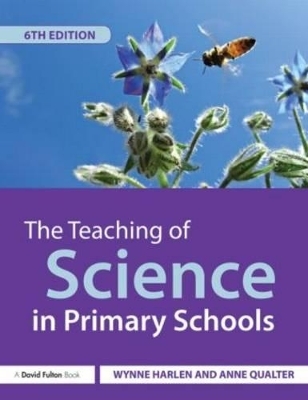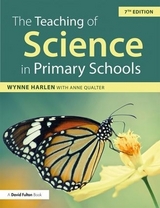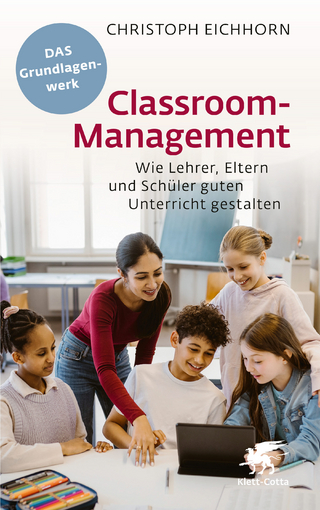
The Teaching of Science in Primary Schools
David Fulton Publishers Ltd (Verlag)
978-0-415-65665-8 (ISBN)
- Titel erscheint in neuer Auflage
- Artikel merken
This fully expanded and updated edition explores:
The compelling reasons for starting science in the primary school.
Within-school planning in the context of less prescriptive national requirements.
The value of having in mind the `big ideas’ of science.
The opportunities for children to learn through greater access to the internet and social networking.
The expanding sources of materials and guidance now available to teachers on-line.
Greater attention to school and teacher self-evaluation as a means of improving provision for children’s learning.
The importance for both teachers and learners of reflecting on the process and content of their activities.
Other key aspects of teaching, such as:- questioning, the importance of discussion and dialogue, the formative and summative roles of assessment and strategies for helping children to develop understanding, skills, positive attitudes and enjoyment of science, are preserved. So also is the learner-centred approach with an emphasis on children learning to take some responsibility for their activities. This book is essential reading for all primary school teachers and those on primary education courses.
Wynne Harlen, OBE, PhD, has been involved in teaching and research in science education, evaluation and pupil assessment throughout her long career, during which time she has been Sidney Jones Professor of Science Education at the University of Liverpool, UK and Director of the Scottish Council for Research in Education. Anne Qualter, PhD, has wide experience of research and professional development in science and is now Head of the Centre for Lifelong Learning at the University of Liverpool, UK.
Part 1 compelling reasons for teaching science in primary schools 1: the importance of primary school science 2: primary school science curricula in the UK 3. Primary school science in action 4: experiences that promote learning in science Part 2 how children learn 5: children’s own ideas 6 learning through inquiry 7. Learning through talking 8. Learning through ict Part 3 the teacher’s role 9. Providing for learning outside the classroom 10. Teachers’ and children’s questions 11. Helping development of scientific understanding 12. Helping development of inquiry skills 13. Teaching for enjoyment, motivation and scientific attitudes 14. Teachers using ict in the classroom Part 4 assessment for and of learning 15 assessment for different purposes 16. Gathering evidence to help learning 17. Interpreting evidence for feedback 18. Children’s role in formative assessment 19. Summarising and reporting learning Part 5 planning for progression 20. School level planning 21 class level planning 22. Sources and resources for practical inquiry Part 6 formative evaluation of practice 23. Evaluating provision for science at the class level 24. Evaluating provision at the school level 25. Enhancing provision for children’s learning in science
| Zusatzinfo | 2 Tables, black and white; 50 Illustrations, black and white |
|---|---|
| Verlagsort | London |
| Sprache | englisch |
| Maße | 189 x 246 mm |
| Gewicht | 940 g |
| Themenwelt | Schulbuch / Wörterbuch |
| Sozialwissenschaften ► Pädagogik ► Schulpädagogik / Grundschule | |
| Sozialwissenschaften ► Pädagogik ► Vorschulpädagogik | |
| ISBN-10 | 0-415-65665-6 / 0415656656 |
| ISBN-13 | 978-0-415-65665-8 / 9780415656658 |
| Zustand | Neuware |
| Haben Sie eine Frage zum Produkt? |
aus dem Bereich



